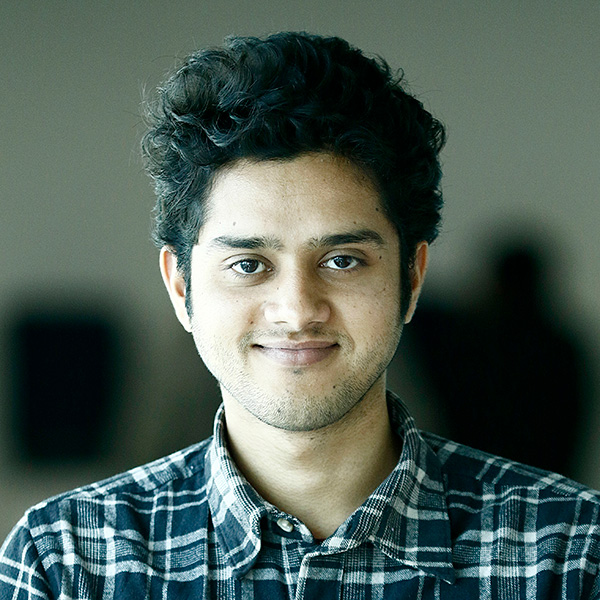National
New directive on virtual classes draws criticism from across the board
Local governments yet to fix fees for online classes, schools continue to charge students.
Timothy Aryal
Earlier this month, the Ministry of Education, Science and Technology issued a directive allowing private schools and colleges to charge students for virtual classes, and local governments to manage school education.
The latest directive, which marks a U-turn on the government’s policy on virtual classes, says that private schools are allowed to charge students for online classes, provided such fees are approved by the local government concerned.
The new directive is already being criticised by student unions, schools and parents over various issues it has brought to the fore.
Student unions are not not happy with the new guideline as they are against charging students for online classes. In Rupandehi, for instance, as the local governments started fixing rates for virtual classes, student unions from opposition parties have protested, arguing that charging fees for virtual classes is “unconstitutional and impractical”.
The government had earlier directed schools and colleges not to charge students for virtual classes. However, the directive had been defied as private schools colleges kept on charging students for virtual classes conducted during the lockdown.
Ritu Raj Sapkota, chair of National Private and Boarding Schools’ Organisation (N-PABSON), said that while the ministry’s decision to allow local governments to decide on the fees is welcome, it should’ve come earlier without the federal government’s intervention. He, however, doubted that the decision wound be applicable for all private schools.
“We have a wide variety of private schools, some charge more than others,” he said. “Some have been charging fees ever since the lockdown, while some haven’t been doing so. A blanket decision may not encompass all private schools.”
Some schools have already decided their own fees even when local governments are yet to fix fees for online classes. DAV School, Lalitpur, has decided to students whose guardians don’t pay for virtual classes it conducted over the lockdown, to sit for its exams, Onlinekhabar reported.
Sapkota added, “Given the different ways schools have been operating, it may finally come down to each school to decide their own fees under the guidance of the local government.”
All private and public institutions have been closed since late March when the country went into lockdown in an attempt to curb the coronavirus spread. The efficiency and availability of online education service among students has been questioned all the while.
About two weeks after the government issued the directive, things have changed little, said Suprabhat Bhandari, chair of Nepal Guardians’ Federation, an organisation of parents of children who attend private schools.
“Barring a few local governments, officials are yet to fix fees for online classes ,” he said. “While we say that unilateral decisions on the part of the local governments will not be acceptable to us, private schools continue to charge fees for online classes.”
“All this is creating a lot of confusion,” he added.
He said that as fees were always determined at the district levels before the pandemic, it would have been wise to continue the system for online classes as well.
Around 8,000 private schools are in operation across the country. According to the education ministry, of the 7 million school goers, 1.4 million attend private schools.
Bhandari added that the only solution now would be a dialogue between the school administration, local authorities and the guardians. “With the government directive clearly ineffective, the only way forward would be coordination between the three parties,” he said. “The government should provide justice to guardians who are being heckled for fees.”
Meanwhile, in Sindhuli, more than a dozen private schools have decided to completely waive their fees for virtual classes. The schools said they will rely on the government’s soft loans to pay their staff. Kathmandu’s Gokarneshwor Municipality has gone a step further, announcing that schools in its area will reopen from October 2. The municipality said schools would be allowed to charge fees only from October.




 12.12°C Kathmandu
12.12°C Kathmandu















